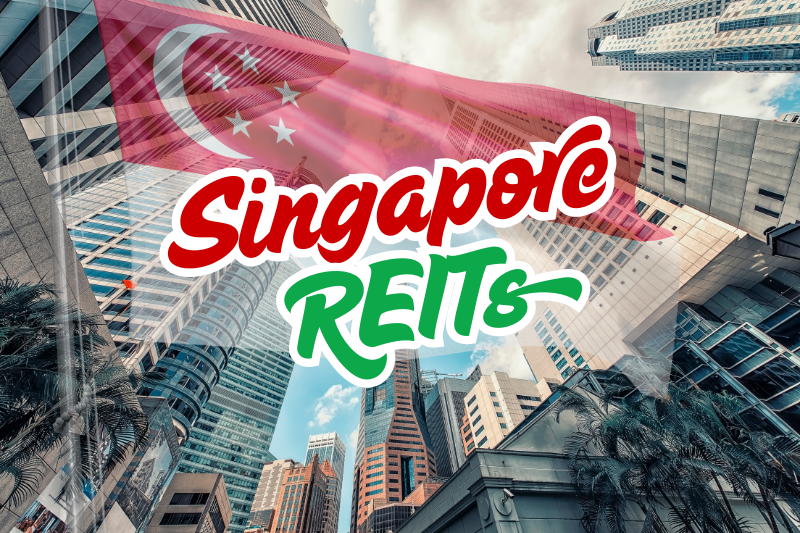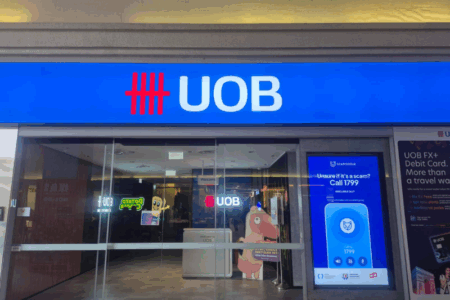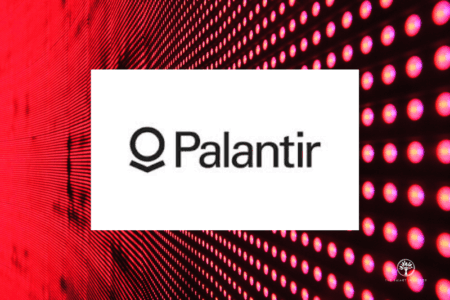As earnings season unfolds, it is clear that Singapore’s REITs continue to diverge in performance.
Not all real estate investment trusts (REITs) are doing well.
Each sector, from data centres to retail malls or offices, faces its own unique set opportunities and risks today.
These latest results offer investors insights on how to position their portfolio in today’s market best, shaped by the latest trends in property and a rate-cut cycle.
CapitaLand Integrated Commercial Trust: Slow and Steady
CapitaLand Integrated Commercial Trust (SGX: C38U), or CICT, turned in a resilient report card for its third quarter (3Q2025).
Strong rental reversions for its retail and office segments, up 7.8% and 6.5%, respectively, on a year-to-date (YTD) basis, drove net property income up 1.6% year-on-year (YoY).
CICT’s retail segment received a boost from increased shopper traffic (up 24.8% YTD).
The REIT has also completed its acquisition of the remaining stake in CapitaSpring on 26 August 2025.
Portfolio occupancy remains robust at 97.2%.
Weighted average lease to expiry (WALE) for gross income stands at 3.2 years.
Tenant sales YTD remained healthy, increasing 19.2% YoY.
Aggregate leverage rose slightly to 39.2% due to its acquisition of CapitaSpring.
On the bright side, CICT’s financing costs continue to decline, with an average cost of debt now at 3.3% compared to 3.4% recorded in the first half of 2025.
Fixed-rate debt consists of 74% of total borrowings.
Impressively, CICT issued a S$300 million note, expiring in 2032, with a low annual coupon rate of 2.25%.
This rate, lower than its average cost of debt, highlights the REIT’s strong credit profile.
Management expects the steady increase in distributable income to continue for the rest of the year, backed by the full-year contributions of new assets such as ION Orchard and CapitaSpring.
Assets enhancement initiatives such as the additional spaces at Lot One and Tampines Mall are also expected to contribute from 1Q2027 and 4Q2026, respectively.
Mapletree Logistics Trust: A Mixed Bag
Mapletree Logistics Trust (SGX: M44), or MLT, reported mixed earnings, dragged down by foreign exchange impact and divestments, for the second quarter of the fiscal year ending 31 March 2026 (2QFY25/26).
These headwinds caused net property income (NPI) to decline 3.3% YoY to S$153.3 million.
Consequently, distribution per unit (DPU) is lowered 10.5% YoY to S$0.0185 per share.
However, there are some encouraging news.
Occupancy rate increased to 96.1% compared to the previous quarter’s occupancy rate of 95.7%.
MLT also recorded a positive rental reversion of 0.6% for the overall portfolio; albeit that the REIT still faces challenges in China where rental reversion was down 3% YoY.
DPU of S$0.01815 from operations is stabilising, up 0.2% quarter-on-quarter, albeit still down 4.8% YoY.
WALE by net lettable area remains stable at 2.7 years.
MLT remains well-capitalised with an aggregate leverage ratio of 41.1% and a weighted average cost of debt of 2.6%.
Interest coverage ratio (ICR) stayed stable at 2.9 times.
MLT has 75% of its distributable income, for the next 12 months, hedged in SGD.
Around 84% of its total borrowings are denoted by fixed-rate or hedged.
Management continues to focus on deriving steady rental income and maintaining healthy occupancy rates.
The REIT’s hedging strategies are expected to quell currency and interest rate fluctuations.
MLT expects to continue strategically adjusting its portfolio to best generate shareholder value.
Keppel Infrastructure Trust: Divestment Fuels Strong Distributable Income
Keppel Infrastructure Trust (SGX: A7RU), or Keppel, posted strong financials for its nine-month update (9M2025), on the back of robust operations in its Distribution and Storage segment.
Distributable income soared 59.2% YoY to S$168.9 million.
Stripping away divestment gains of S$49.0 million results in only a 13% YoY increase in distributable income.
Moving to segments, Keppel’s Distribution and Storage segment shone with funds from operations (FFO) rising 29% to S$66.4 million due to vigorous performance from its Ixom business (up 60% to S$49.0 million).
However, its other segments, namely Energy Transition and Environmental Services, fail to impress.
FFO for Energy Transition dropped 12% YoY to S$153.4 million owing to poor pricing for its windfarm assets.
FFO for Environmental Services slumped 36.5% YoY to S$36.0 million due to a weaker contribution from its Singapore Waste and Water assets post-extension of the concession a year earlier.
Keppel remains lowly leveraged with net gearing of 38%.
Aggregate cost of debt rose slightly to 4.65% owing to a higher interest rate following its 2024 post-refinancing for its Keppel Merlimau Cogen loan.
This is mitigated by the REIT’s solid ICR of 13.1 times.
Moving forward, management expects to continue leveraging the sustainable infrastructure theme through strategic capital recycling.
Keppel has S$301 million for redeployment, with S$119 million earmarked for the proposed acquisition of Global Marine Group, subject to unitholders’ approval on 11 November 2025.
Management also expects Ixom, City Energy and Ventura to continue driving distributions.
If you want to retire with a constant stream of dividends, these 5 stocks might be all you need. We’ve found 5 SG stocks that have kept paying (and growing) through inflation, rate hikes, and recessions. See what they are with our latest free report for SGX dividend investors.
Click here (https://thesmartinvestor.com.sg/retire-early-with-dividends-special-free-report-free/) to get instant access.
Follow us on Facebook, Instagram and Telegram for the latest investing news and analyses!





